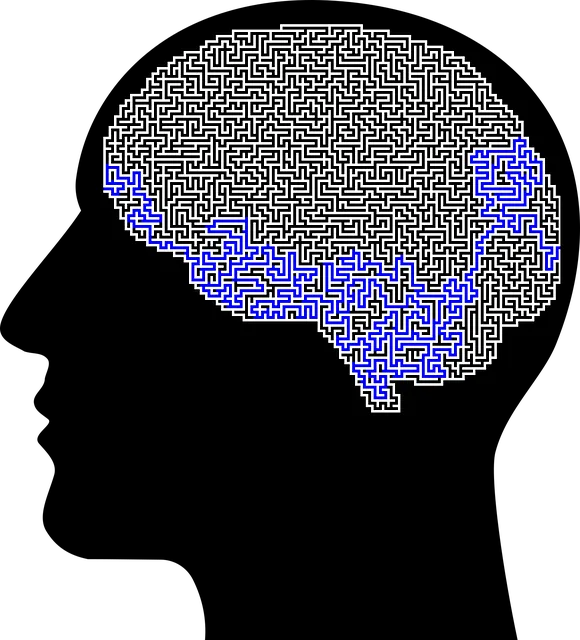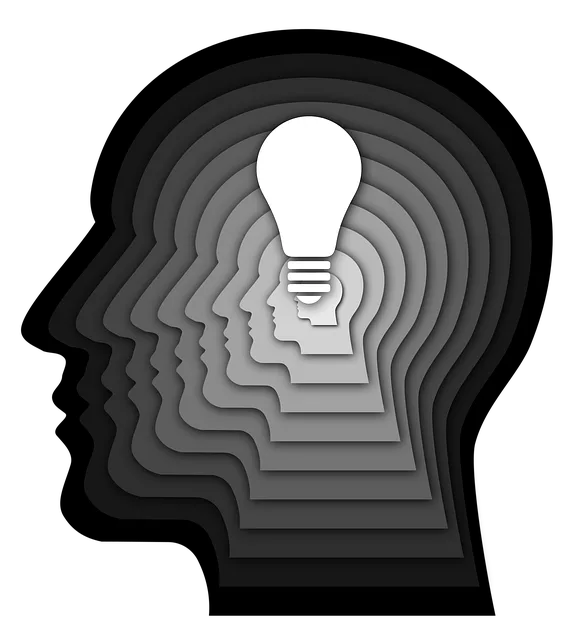In a fast-paced world, mental health crises are common, and crisis hotline services provide immediate, confidential support (Kaiser Permanente, 2023). Organizations like Kaiser Permanente offer dedicated mental health centers with trained professionals offering mood management techniques 24/7. These hotlines empower users with self-care tools, connect to care, and foster holistic well-being through education and advocacy. Crisis hotline operators face challenges managing high call volumes and complex cases, but post-crisis follow-up care at centers like Kaiser Permanente's is crucial for long-term mental health stability and resilience.
In today’s fast-paced world, mental health crises are on the rise, demanding immediate attention. Understanding the need for crisis hotline services is more critical than ever. This article explores the vital role played by organizations like Kaiser Permanente Mental Health Appointment Center in providing superior support through these lifelines. We delve into the challenges faced by operators and highlight strategies to promote recovery and resilience post-crisis, ensuring a holistic approach to care.
- Understanding the Need for Crisis Hotline Services
- The Role of Kaiser Permanente Mental Health Appointment Center
- How to Access Superior Support Through These Hotlines
- Common Challenges Faced by Crisis Hotline Operators
- Promoting Recovery and Resilience: Post-Crisis Follow-Up Care
Understanding the Need for Crisis Hotline Services

In today’s fast-paced world, mental health crises can arise unexpectedly, leaving individuals feeling overwhelmed and isolated. This is where crisis hotline services play a pivotal role in providing immediate support and guidance. These hotlines are designed to offer a safe space for people facing various challenges, such as depression, anxiety, or trauma. With the increasing demand for accessible mental healthcare, organizations like Kaiser Permanente have established dedicated appointment centers that cater specifically to these needs.
The need for crisis hotline services cannot be overstated, especially when considering the impact on overall mental wellness. Many individuals might not have access to regular therapy sessions or prefer a more immediate solution. A superior crisis hotline acts as a lifeline, offering confidential conversations with trained professionals who can provide mood management techniques and resources. Moreover, these services often complement other initiatives like the Mental Wellness Podcast Series Production, ensuring that support is available beyond traditional office hours. Trauma Support Services are another critical aspect, helping those who have experienced traumatic events to find healing and rebuild their resilience.
The Role of Kaiser Permanente Mental Health Appointment Center

The Kaiser Permanente Mental Health Appointment Center plays a pivotal role in providing accessible and superior mental health support to its members. This specialized center acts as a one-stop shop, offering a range of services tailored to diverse needs. Trained professionals facilitate timely interventions, ensuring individuals in crisis receive immediate assistance. By prioritizing accessibility, the center breaks down barriers, making quality mental healthcare available to all Kaiser Permanente members.
Beyond direct support, the Appointment Center serves as a crucial link to broader mental health resources and initiatives. It coordinates with various networks, including community-based organizations and specialized clinics, to deliver comprehensive care. This holistic approach aligns with the Mental Health Policy Analysis and Advocacy efforts, promoting awareness and understanding of mental health issues. Additionally, the center incorporates evidence-based practices like Social Skills Training and fosters resilience through Mind Over Matter Principles, contributing to long-term well-being and recovery.
How to Access Superior Support Through These Hotlines

Accessing support through mental health crisis hotline services is a direct line to superior care. These 24/7 resources are designed to provide immediate assistance, offering confidential and non-judgmental conversations with trained professionals. Simply dialing the hotline number connects individuals to a network of experts who can guide them towards appropriate resources, whether it’s scheduling a Kaiser Permanente mental health appointment or gaining access to self-care tools for better mental health.
For those seeking proactive measures, hotlines often offer not just crisis intervention but also guidance on developing a personalized self-care routine. Moreover, they may direct users to relevant mental health policy analysis and advocacy materials, empowering them to understand and engage with systems that support their well-being. Some hotlines even provide resources for mindfulness meditation practices, offering simple yet effective techniques to manage stress and promote mental balance.
Common Challenges Faced by Crisis Hotline Operators

Crisis hotline operators often face a unique set of challenges when it comes to supporting individuals in mental health crises. One significant hurdle is managing the vast array of calls, ensuring each caller receives prompt and adequate attention. With limited resources, such as a fixed number of trained staff, centers like Kaiser Permanente’s mental health appointment centers struggle to keep up with the high demand for their services. This can lead to longer wait times, potentially exacerbating the caller’s distress.
Additionally, hotline operators must navigate complex situations, including assessing the severity of a caller’s condition, providing immediate support, and making appropriate referrals. They play a crucial role in connecting individuals with the right mental health resources, which involves not only knowing about local services but also understanding the nuances of each caller’s situation. Effective mood management techniques and mental health education programs design are essential tools for operators to de-escalate situations while ensuring risk management planning for mental health professionals is robust to handle diverse cases.
Promoting Recovery and Resilience: Post-Crisis Follow-Up Care

After an individual reaches out to a mental health crisis hotline, the journey towards recovery and resilience begins. Post-crisis follow-up care plays a pivotal role in ensuring long-term well-being. Organizations like Kaiser Permanente’s mental health appointment centers offer comprehensive support, providing a safe space for individuals to process their experiences and develop coping strategies. These services are instrumental in preventing relapse and fostering a sense of stability.
The focus on resilience building is a key aspect of this care model. By offering regular check-ins, therapy sessions, and access to resources, these centers empower individuals to manage their mental health effectively. Through public awareness campaigns development and tailored interventions, they promote anxiety relief and enable people to navigate future challenges with enhanced coping mechanisms. This holistic approach not only supports recovery but also equips individuals with the tools to lead fulfilling lives.
The Kaiser Permanente Mental Health Appointment Center plays a pivotal role in providing crucial support during mental health crises, offering a vital service that enhances overall well-being. By accessing these crisis hotline services, individuals can receive immediate assistance and connect with specialized professionals. While operators face challenges such as high call volumes and complex situations, their dedication ensures that every caller receives superior care tailored to their needs. Post-crisis follow-up is essential for promoting recovery and resilience, fostering a holistic approach to mental health management.



